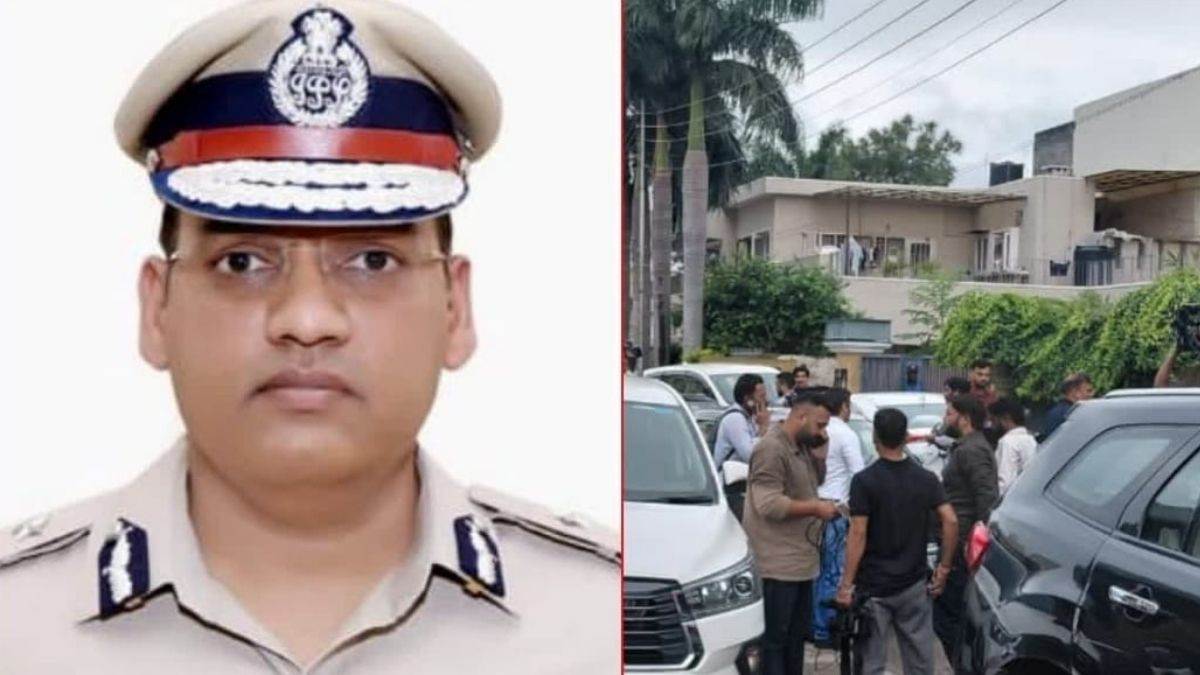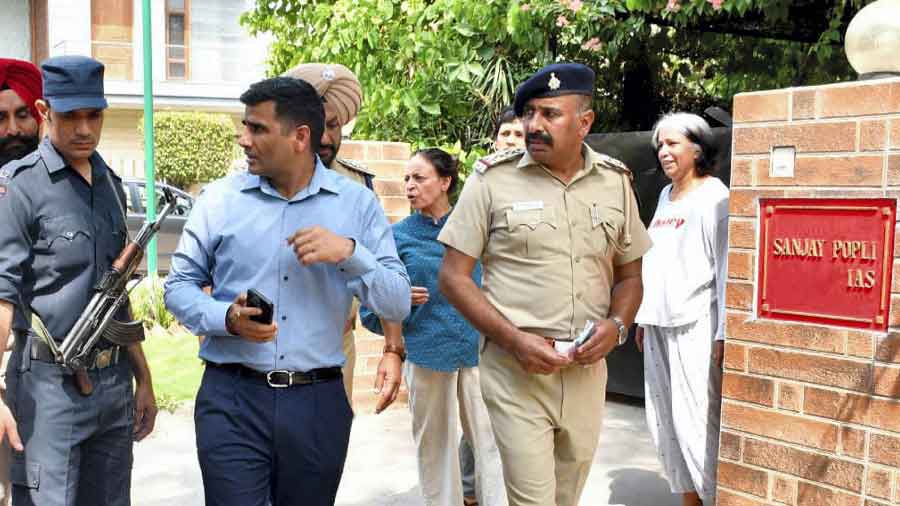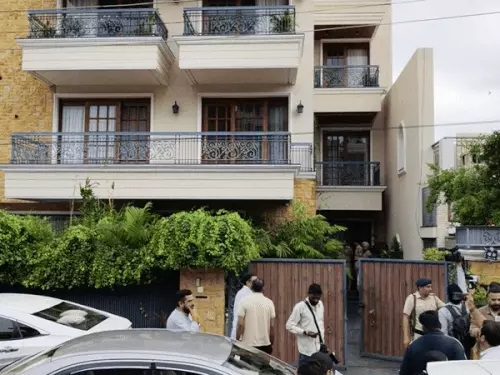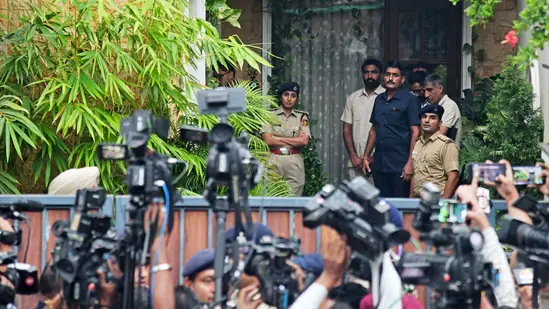An IPS officer from Chandigarh has died by suicide in a case that is now attracting serious public attention. Investigators say the death is connected to a nine-page handwritten note and an ongoing bribery investigation in neighbouring Haryana. While officials are still piecing together the facts, the incident is already prompting broader debate on the mental health pressures within the police force and the role corruption plays in shaping such tragedies.

Authorities confirmed that the officer, serving a senior post in Chandigarh Police, was found dead in his official residence earlier this week. A suicide note spanning nine pages was recovered from the scene. In it, according to early reports, the officer allegedly named certain individuals and hinted at systemic corruption linked to a bribery case under investigation in Haryana.
Initial findings suggest the officer had been dealing with intense professional pressure and a possible moral conflict over the bribery probe. Official sources say the investigation into his death will not only focus on the content of the note but also the circumstances leading up to his final act.
The bribery case in Haryana, already under investigation by state authorities, involves allegations against multiple officials and private individuals accused of soliciting and accepting money in exchange for favours. The Chandigarh officer was reportedly connected to the case either in an investigative capacity or through prior professional dealings.
Although police are being cautious in confirming direct links, it is widely believed that the stress, political undercurrents, and potential threats associated with the case may have contributed to the officer’s state of mind.

While law enforcement has not fully disclosed the contents of the note, sources say it outlined frustrations over unethical practices within the system and the officer’s inability to reconcile certain duties with personal values. The detailed nature of the writing suggests it was carefully prepared, indicating the officer’s actions were not impulsive but rather the result of long-term emotional strain.
More importantly, the note appears to raise questions about both accountability and transparency in handling bribery cases, which could have wider implications for ongoing anti-corruption efforts in Haryana.
The incident is sparking discussions in Chandigarh and beyond about the emotional toll of working in law enforcement. IPS officers are often tasked with high-pressure investigations that can involve political sensitivities, public scrutiny, and moral dilemmas.
Mental health experts say the tragedy highlights the need for accessible counselling services, peer support, and organisational reforms that allow officers to voice concerns without fearing professional repercussions.

Some critics argue that deeper systemic issues in policing—such as entrenched corruption, bureaucratic resistance to change, and inadequate safeguards for whistle-blowers—can create environments where honest officers feel isolated.
While it is important not to speculate beyond the facts, the reported content of the note does point towards the need for urgent institutional introspection. Neutral observers stress that neither public service integrity nor individual mental well-being should be sacrificed to protect corrupt practices or political convenience.
This death, tragic as it is, could serve as a wake-up call for police forces across India to examine their internal culture, address workplace stress, and ensure that those handling sensitive corruption cases have full backing and protection.
The Chandigarh Police Commissioner has ordered a thorough inquiry, assuring that no aspect will be overlooked. Haryana authorities, meanwhile, have expressed readiness to cooperate if the two cases intersect in the ongoing investigation.

State Home Departments in both regions are facing calls from activists and citizen groups to bring more transparency to corruption probes, and to publicly address the mental health needs of law enforcement personnel.
Behind the uniforms and official titles, police officers are ordinary people with hopes, fears, and vulnerabilities. When systemic challenges combine with personal pressures, the result can be devastating—not only for the individuals involved but also for their families, colleagues, and the integrity of public institutions.
This case brings together two serious themes—corruption and mental health in law enforcement—and shows that addressing one without the other may not be enough. It is a tragedy rooted in complex factors that require both empathy and action.
With inputs from agencies
Image Source: Multiple agencies
© Copyright 2025. All Rights Reserved. Powered by Vygr Media.























